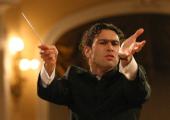London Philharmonic Orchestra, Jurowski, Royal Festival Hall
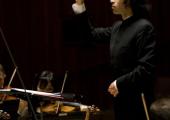
New Southbank season launched by a fresh look at Mahler's cosmic Third Symphony
From primeval baying to a very human song in excelsis, Mahler's Third Symphony cries out for Olympian interpretation. That I've found in recent years with Abbado in Lucerne and the Albert Hall, Bělohlávek at the Barbican and Salonen on the South Bank. Since Vladimir Jurowski always demonstrates fresh thinking, and sometimes a burning intensity to match, the first performance of his London Philharmonic's new season was bound to be at least as challenging.

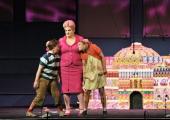
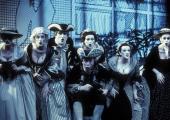
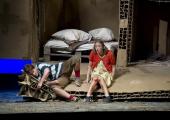

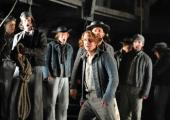
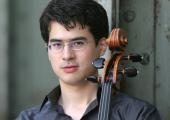
 Joanna Wos (left, no relation to Jonathan Ross) put in a stellar performance last night singing in Gorecki's Third Symphony at the Royal Festival Hall with the LPO, singing the part made famous on the million-selling recording by Dawn Upshaw. To get there, she drove for three days and nights from Poland arriving yesterday afternoon. What a trouper. It would be unfair to judge her against Upshaw in the circumstances. But I will. She didn't quite have Upshaw's power, but she was splendidly expressive. She even reminded me, strangely, at times of Victoria de los Angeles. And the LPO seemed slightly on automatic for the first section but then burst into life for the latter movements.
Joanna Wos (left, no relation to Jonathan Ross) put in a stellar performance last night singing in Gorecki's Third Symphony at the Royal Festival Hall with the LPO, singing the part made famous on the million-selling recording by Dawn Upshaw. To get there, she drove for three days and nights from Poland arriving yesterday afternoon. What a trouper. It would be unfair to judge her against Upshaw in the circumstances. But I will. She didn't quite have Upshaw's power, but she was splendidly expressive. She even reminded me, strangely, at times of Victoria de los Angeles. And the LPO seemed slightly on automatic for the first section but then burst into life for the latter movements.